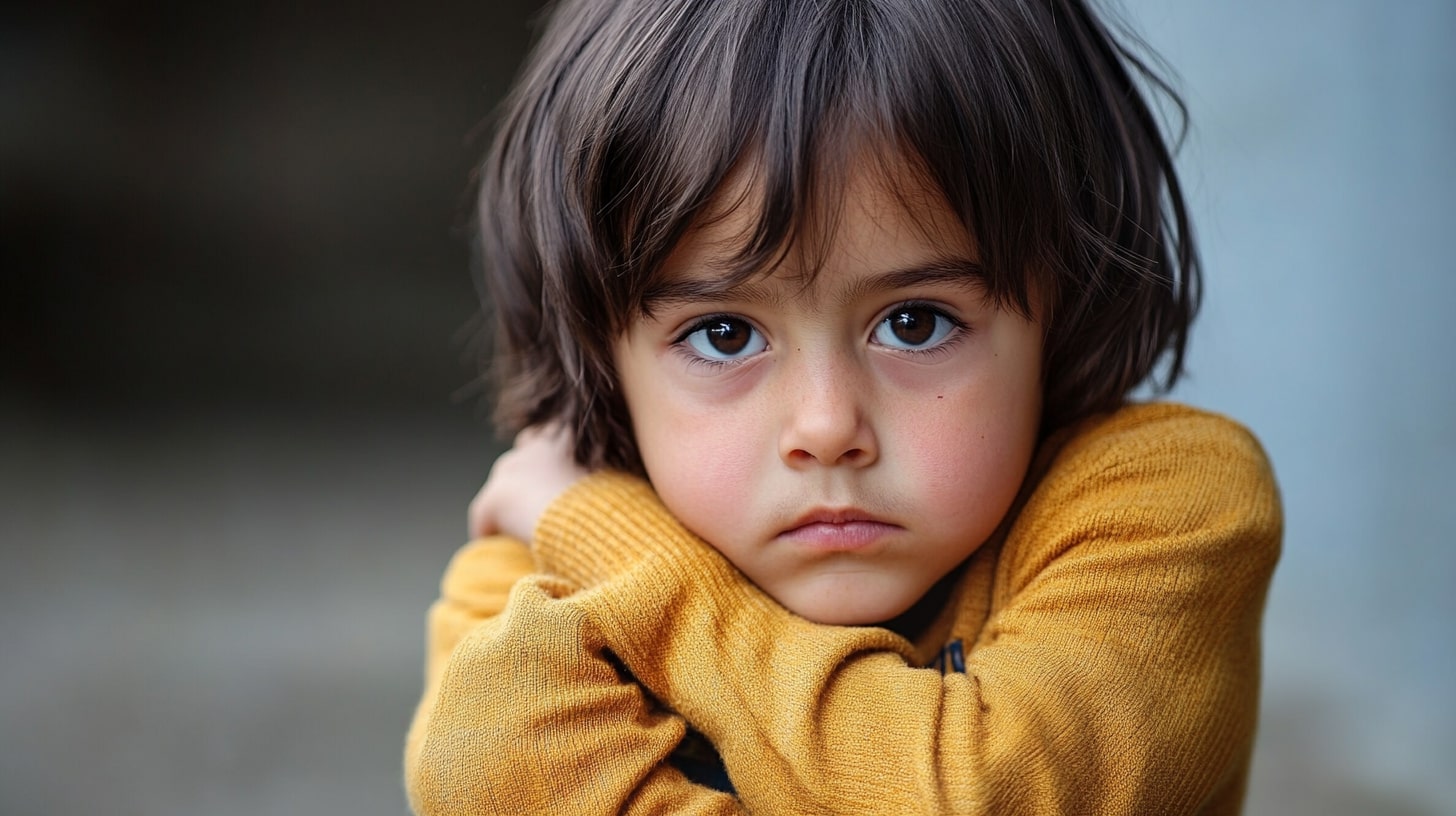The foster care system in the United States plays a crucial role in providing temporary homes for children who cannot safely remain with their families.
Understanding the current statistics and trends within this system is essential for evaluating its effectiveness and identifying areas for improvement.
It is important to consider both the progress made and the challenges that remain, ensuring that every child has the opportunity to thrive in a safe, supportive environment.
Now, let us talk about the number of kids who are in foster care in the United States today.
Current Stats on Foster Care
As of 2024, the foster care system in the United States continues to serve a significant number of children, though there has been a noticeable decline in recent years.
The total number of children in foster care in 2024 is around 391,000. It reflects a continuation of the downward trend observed in previous years, including the decline from FY 2021 to FY 2022.
- Implementation of policies aimed at preventing family separation
- Increasing efforts to reunite children with their families or place them in permanent homes
A closer look at the demographics of children in foster care reveals important insights into who is most affected by this system. Gender, race, and age play significant roles, with certain groups being disproportionately represented.
African American and Native American children continue to be overrepresented in foster care compared to their peers. Older children and teenagers are more likely to remain in foster care longer, facing greater challenges in finding permanent placements.
The distribution of foster care numbers also varies significantly by state, with some states having particularly high or low numbers of children in care due to differences in population size, child welfare policies, and community resources.

Challenges Faced by Children in Foster Care
Children in foster care encounter numerous challenges, especially as they approach adulthood and transition out of the system without a permanent family.
- Lack of Stability and Continuity: Many children in foster care experience frequent changes in placements and caregivers, leading to a lack of stability in their lives. This instability often results in emotional and behavioral difficulties, making it more challenging for them to succeed in school, form meaningful relationships, and build self-esteem.
- Daunting Transition to Independence: For those aging out of foster care, the transition to independence can be overwhelming. Many young people lack the support systems and resources necessary to navigate adulthood. This includes challenges such as:
- Finding stable housing
- Securing employment
- Accessing higher education
- Need for Holistic Transition Planning: To help these youth thrive, it is essential to implement comprehensive transition planning. This involves providing:
- Opportunities for mentorship and education
- Job training programs
- Support for developing strong, lasting relationships with caring adults
Without these critical supports, many young people exiting foster care are at increased risk of homelessness, unemployment, and involvement with the criminal justice system.

Government and Community Initiatives
In response to the challenges faced by children in foster care, both government agencies and community organizations have launched a variety of initiatives aimed at improving outcomes for these vulnerable youth.
The Administration for Children and Families (ACF) and the Children’s Bureau play central roles in overseeing and funding programs designed to support children in foster care.
These efforts include promoting best practices in child welfare, providing training and resources for foster parents, and encouraging states to develop innovative approaches to care.
One significant initiative is National Foster Care Month, which takes place every May.
The observance raises awareness about the needs of children in foster care and highlights the importance of community involvement in supporting these children.
Through public campaigns, events, and educational programs, National Foster Care Month encourages individuals and organizations to become involved in foster care, whether by becoming foster parents, volunteering, or advocating for policy changes.
Success stories abound where effective programs have led to a decrease in foster care numbers.
For example, initiatives that focus on family reunification and kinship care have shown promising results, helping to reduce the length of time children spend in foster care and increasing the likelihood of permanent placements.
Community-based programs that provide wraparound services for families in crisis have also played a critical role in preventing children from entering foster care in the first place, thereby contributing to the overall decline in foster care numbers.

The Bottom Line
The foster care system in the United States has seen notable improvements in recent years, with declining numbers of children in care and increased efforts to support families.
Continued commitment and innovation are needed to address ongoing challenges and ensure that every child has the opportunity to grow up in a safe, loving environment.
Public engagement and support for foster care initiatives remain crucial in driving further progress.

